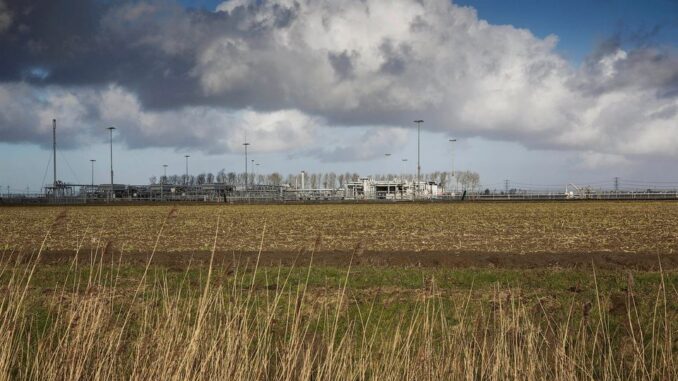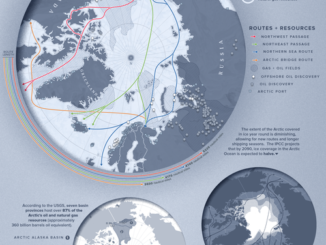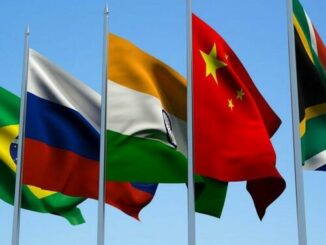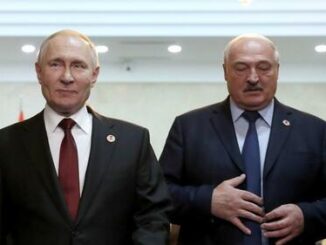
THE HAGUE, July 7 (Reuters) – The Netherlands has met a goal of ending its dependence on Russian gas, its energy minister told Reuters in an interview, but as a major storage and transport hub, it is exposed to any wider European gas crisis.
“We’ve seen huge energy savings in the first six months of this year, cutting gas usage by almost 33%,” Energy Minister Rob Jetten said in an interview.
This reduction is enough to replace the Dutch share of Russian gas, 15%-20% of imports in recent years as the Netherlands’ domestic production has wound down.
The size of the Netherlands’ Groningen field meant the country was for years a major supplier of natural gas to Europe.
Jetten said the field could still be called upon the help neighbouring countries in the event of a complete cut off in Russian supplies that could endanger life by for instance denying hospitals in Germany power.
It contains roughly 450 billion cubic metres (bcm) of recoverable gas, nearly three years’ worth of European imports from Russia, but ramping up production would risk causing earthquakes.
Groningen is expected to produce just 4.5 bcm this year and 2.8 bcm next year. Smaller fields in the Netherlands and Dutch North Sea will produce around 10 bcm.
SCALING UP LNG
The Dutch government is rapidly scaling up its capacity to import LNG (liquefied natural gas), with plans to double capacity to 24 bcm this year.
Some imported LNG will go to help other European countries replace Russian gas, even as far as the Czech Republic.
Dutch annual domestic consumption was 35-40 bcm before Russia invaded Ukraine on Feb. 24 and led to a spike in European energy prices and disrupted gas flows.
Jetten estimated that the Netherlands’ gas storages, which hold 14 bcm, are around 56% filled, helped by a government subsidy to help companies fill them more quickly since the end of May – when Gazprom stopped sending gas to Dutch government gas trader GasTerra.
A public campaign asking people and companies to consume less has succeeded, Jetten said, though high prices and temperate weather also played a role.
“We’re doing a lot of extra work to make sure that our gas storages are filled,” Jetten said.
“But if Russia cuts its supplies in the short term, it would affect other countries such as Germany, it would also affect the Netherlands. So we will face a European issue, a European crisis, if the Russian gas supply drops on very short term.”
The Netherlands declared the first phase of an energy crisis on June 20, lifting production caps on coal-fired plants, which Jetten expects will save the country about 2-3 bcm of gas on an annual basis.
In addition, strong production from wind and solar energy cut about 1 bcm of use in the first half of 2022, he said.
“We’re working hard to make sure it gets filled up to at least 80% before the start of next winter,” Jetten said – in line with European targets.
Asked whether the 80% filling goal could still be achieved if Russia cuts all gas deliveries to Europe tomorrow, he said only: “We will do whatever we can to be prepared for that.”
Source: Reuters.com



